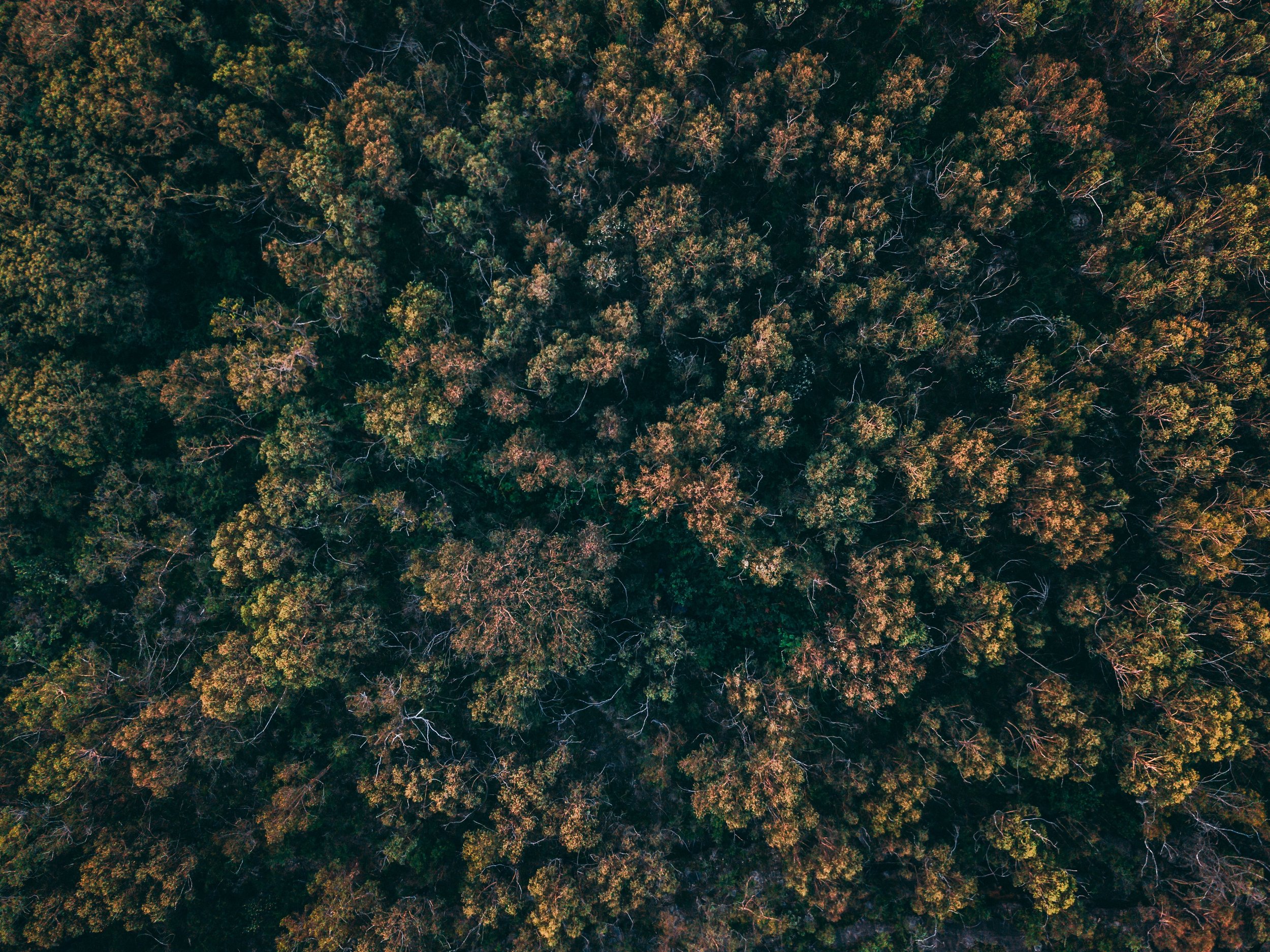
Strategy
The journey of sustainability
Measurable change is the most critical aspect of a sustainable strategy. People want to see proof, numbers and results, but communicating about your sustainability journey is also about failure, doubts and slow progress. It is a constant quest for improvement and involves managing daily opportunities and planning for future possibilities.
The production chain will be transformed, simplified, decentralised and will be made hyper-efficient. Make where your clients are, source where you make and store where you sell.
Less but better is not just valid for people buying goods, it is also true for brands. Reduce styles, say goodbye to non-sustainable materials and create products that last. Only offer products that are easing, expanding and intensifying our lives.
Business environments are becoming more unpredictable because of several forces that put pressure on business systems. These factors range from accelerated technological evolution to the greater interdependence of the global economy to broader issues such as rising inequality, species depletion and climate change.
Resilience is essential for a fundamentally different business model, one that encompasses complexity, uncertainty, interdependence, systems thinking and a long and short time scale perspective.
01 Share your journey
02 Transform production
03 Less but better
04 Build resilience
Transformative
Net negative
Innocent drinks are building The Blender, a carbon-neutral, sustainable juice factory near Rotterdam. When the factory is complete Innocent drinks will be able to make their juice completely under one roof. The new factory contributes to their goal of being carbon neutral by 2025.
The Blender is built with sustainable and locally produced materials. The factory is aimed at reducing energy by for example reusing heat. All energy is produced by solar panels and wind turbines. Being located near the port of Rotterdam reduces the need for transport and therefore CO2 emissions. The juice is transported with electric CO2-neutral trucks. All this effort to reduce their carbon footprint by around ten per cent. See more here
Climate-resilient
Coffee will be affected by climate change through higher temperatures. The flowering process can be affected as the plant and coffee need to grow at a precise altitude and receive a precise amount of rainfall. The growth in the coffee industry is projected to double or triple growth in demand for coffee by 2050 therefore problem-solving in relation to climate change is critical.
Starbucks has joined forces with Conservation International to work with farmers to adapt to climate change. They help to support farmers by providing healthy trees to replace old, disease-ridden coffee trees to help strengthen the supply chain, today and for the future.
See more here
Climate beneficial
Coyuchi’s climate-friendly wool blanket comes from farms with a Carbon Farm Plan. Climate Beneficial Wool is verified by Fibershed and sourced from land managers who improve carbon uptake and restore soil health.
Fibershed aims to decentralize the textile supply chain and to support regional farms. They develop regional and regenerative fibre systems and help farmers implement carbon agriculture to reduce greenhouse gas emissions. “Climate-friendly” fibers will set a new standard in a world that wants to rapidly reduce the effects of climate change. See more here
Off the grid
Atiyah is a zero-carbon, off-grid street food kitchen located in Melbourne, Australia that is set to transform the fast-food scene with a range of authentic Lebanese dishes, which are made onsite in one hundred per cent renewable, eco-smart, off-grid kitchens.
Considering every sustainable touchpoint, Atiyah collaborates with BioPak who will supply carbon-neutral, compostable packaging and innovative composting services to turn Atiyah’s takeaway packaging and food waste into nutrient-rich soil. The greenhouse gas emissions of the meals and drinks have been assessed and quantified through an industry best practice life-cycle assessment. The menu shows the carbon emissions that have been saved from every meal and drink consumed. See more here
Retail
Container stores are a flexible form of retail, they are easy to stack and can be placed indoors and outdoors and used, for example, to grow local food in the heart of a city, close to where people live.
Nature and retail do not have to be separate worlds. By creating landscaped areas of nature within retail environments, people can reconnect with the natural world. The shops products should be natural as well.
Retail stores focus on zero impact and being kind to the planet with plant based offerings, that are packaging free or offer reusable packaging, that limits energy use and transport.
Flexible
Grounded
Zero impact
Natural
RE;TABLE by REcode
Packaging free groceries by Pieter Pot
Kind Kitchen by Green Common & Green Monday
Container farming 101 by Growcer
UPI shop in Omotesando by Happenstance Collective









